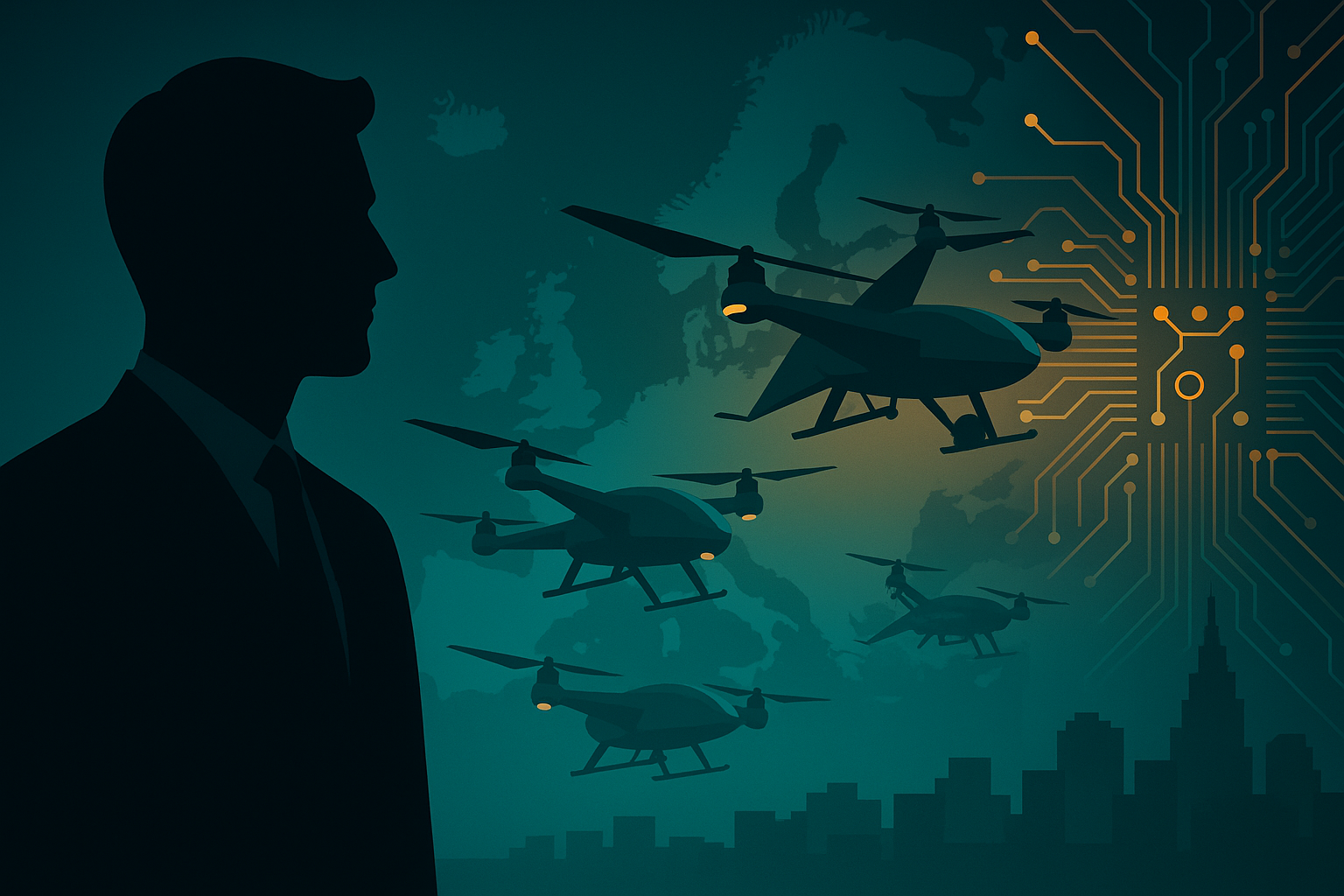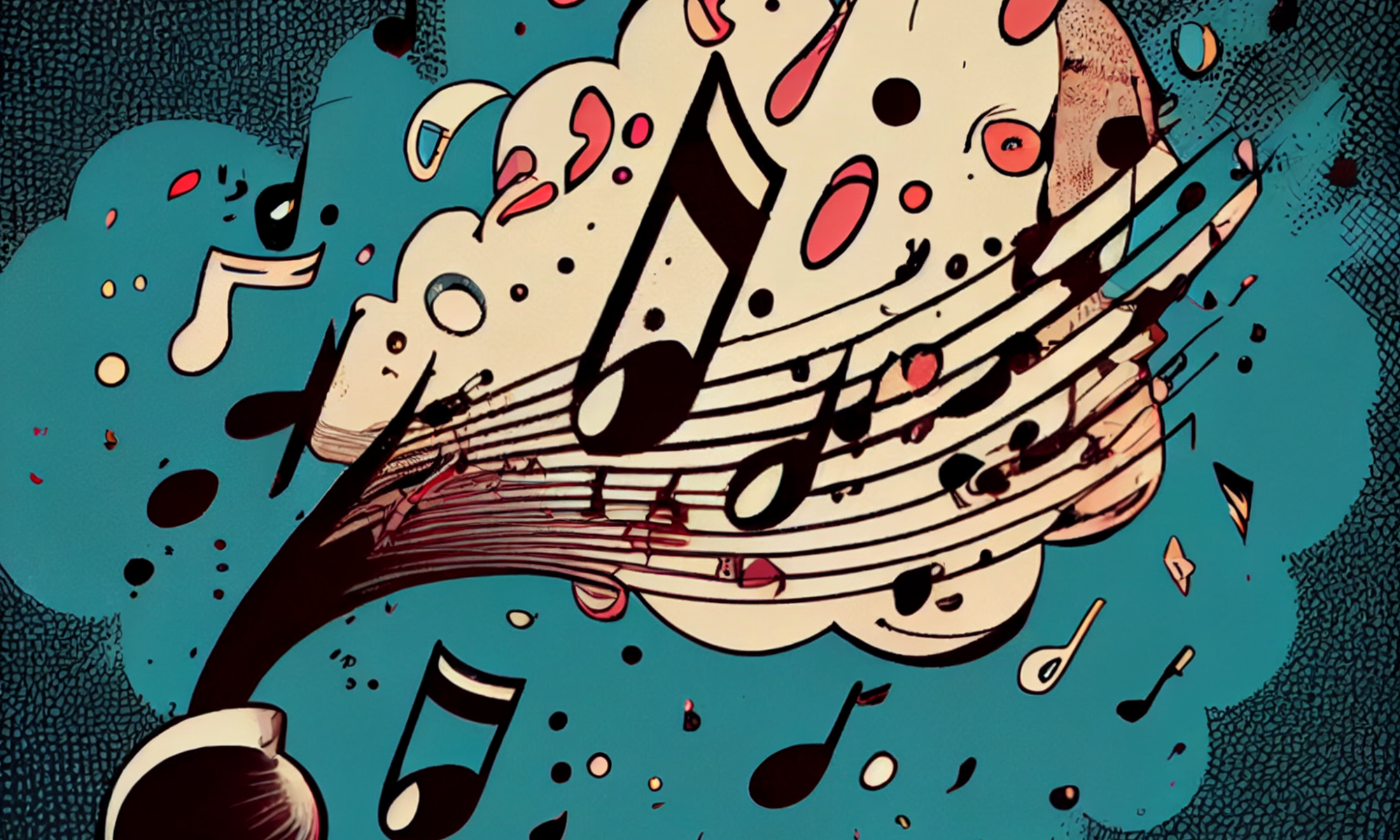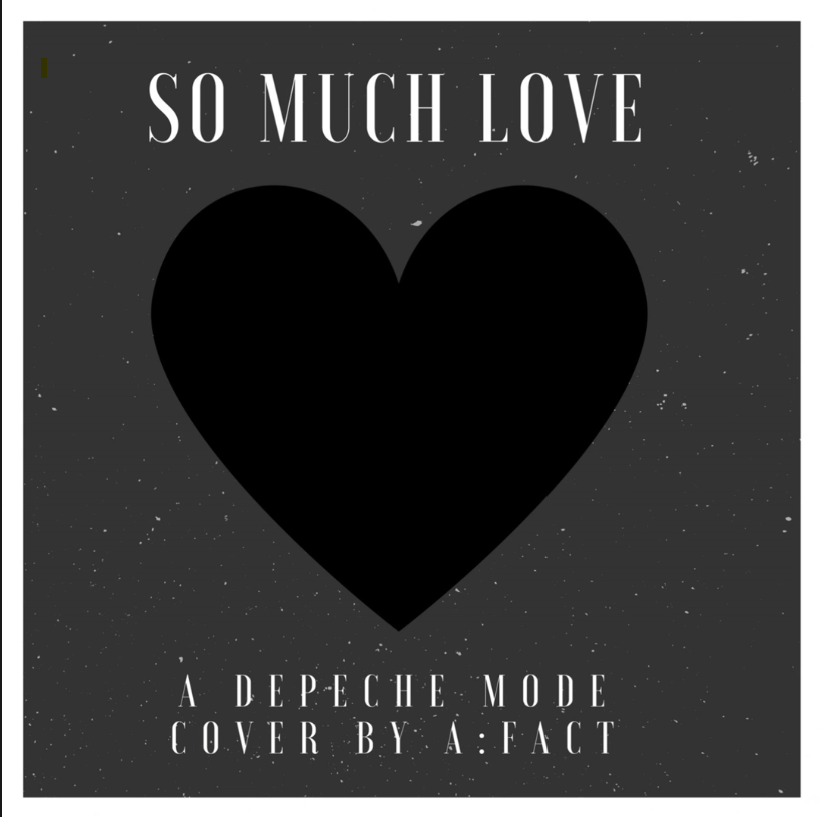A deep dive with sources, payouts, and the CEO’s defense-tech investments
TL;DR
- Spotify’s CEO Daniel Ek—via his investment firm Prima Materia and as Chairman of Helsing—led a €600 million round into a European defense/AI company that builds drones and other military systems. Multiple artists left Spotify in protest. (Helsing, Financial Times, Reuters)
- Deezer is rolling out AI-content detection/tagging and excludes fully AI-generated tracks from algorithmic/editorial recommendations; it also partners on an artist-centric payout model intended to reward real artists more fairly. (Music Business Worldwide, Deezer Newsroom, UMG, PR Newswire)
- On payouts, there’s no single “true” per-stream rate—but credible snapshots across the last decade show Spotify hovering ~$0.003–$0.005 per stream (to rights-holders), while Apple Music and Tidal are typically higher. Details below. (RouteNote, Music Ally, Pitchfork, Royalty Exchange)
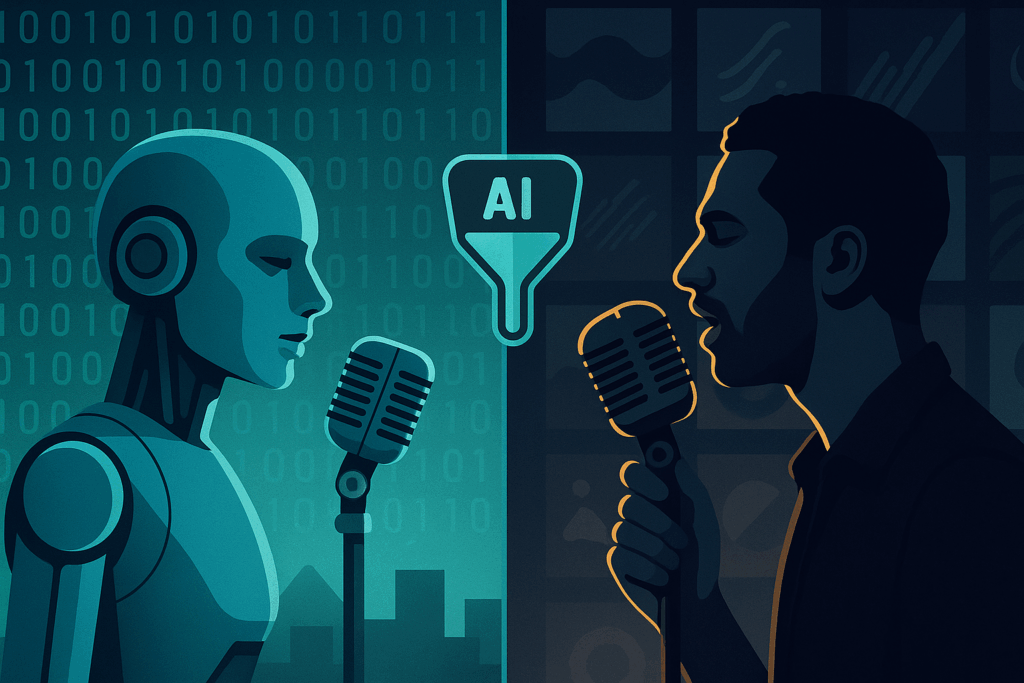
1) The Defense-Tech Investment At The Top
In June 2025, Helsing announced a €600 million Series D funding round led by Prima Materia (Daniel Ek’s firm). The press release also states Ek is Chairman of Helsing. Major outlets (FT/Reuters) corroborated the amount, context, and that Helsing now builds AI-enabled drones, aircraft, and subsea systems. (Helsing, Financial Times, Reuters)
The announcement intensified criticism from artists who argue that music subscription money—while not directly invested by Spotify—ultimately enriches a leadership circle backing military AI. Several prominent acts have removed or begun removing their catalogs from Spotify on ethical grounds (Deerhoof, Xiu Xiu, King Gizzard & the Lizard Wizard; more in Canada and elsewhere). (Music Ally, The Fader, Pitchfork, Consequence, Billboard Canada)
2) The AI-Music Problem—and Why Deezer’s Response Matters
AI-generated uploads exploded in the last 18 months. Deezer reported that ~18% of all tracks uploaded were fully AI-generated (20k+ per day). In response, Deezer launched AI-detection, tagging, and exclusion of fully AI-generated content from recommendations to reduce fraud and protect artist remuneration. Associated Press and Music Business Worldwide covered the rollout and rationale. (Reuters, Deezer Newsroom, Music Business Worldwide, AP News)
In 2023, Universal Music Group + Deezer announced an artist-centric streaming model, shifting payouts toward professional artists (and away from “noise” content). Academic/industry analyses have followed its implications. (UMG, PR Newswire, Deezer Newsroom, Music Business Research)
3) What Streaming Really Pays: A 10-Year View (Context, Not Gospel)
Important caveat: Platforms pay rights-holders (labels/distributors, publishers/PROs), not artists directly. Rates vary by country, subscription tier, deals, market share, and time—so real-world payouts fluctuate. Spotify itself emphasizes there is no fixed “per-stream” rate and publishes “Loud & Clear” with totals and earning tiers instead. In 2024, Spotify says it paid $10 billion in royalties (≈ two-thirds of revenue). Independent journalism has questioned how that aggregates down to most artists. (Loud and Clear, Spotify, Financial Times, Marktbeobachtung)
Selected benchmarks (Spotify, rights-holder averages)
| Year | Est. avg. per stream | Source / Notes |
|---|---|---|
| 2014 | $0.00521 | Trichordist “Streaming Price Bible” (indie label dataset). (The Trichordist) |
| 2016 | $0.00437 | Trichordist update (drop vs 2014). (The Trichordist) |
| 2018 | $0.00331 | Trichordist 2018 report. (The Trichordist) |
| 2019 | $0.00348 | Trichordist 2019; covered by Music Ally. (Music Ally) |
| 2021 | ~$0.003–$0.005 | Range cited widely (e.g., Business Insider via MUO). (MakeUseOf) |
| 2025 | ~$0.003–$0.005 | Current aggregate range (RouteNote explainer). (RouteNote) |
How that compares to others (recent snapshots)
- Apple Music (2020): ~$0.01 (Apple memo confirmed by Pitchfork/WSJ). (Pitchfork)
- Tidal (recent): ~$0.0125–$0.013 per stream (multiple industry roundups). (Royalty Exchange, planetarygroup.com)
- Deezer (recent): often cited around $0.0064 average; varies by market. (Free Your Music)
Method note: The Trichordist’s numbers come from a mid-sized indie label’s actual statements (millions/billions of streams), giving a useful—but not universal—view. Differences across catalogs, territories, free vs. premium tiers, and contracts can shift your personal effective rate up or down. (The Trichordist)
4) Practicalities: Moving From Spotify to Deezer
Deezer’s built-in “Transfer your favorites” (mobile Settings or web Account Settings) integrates TuneMyMusic directly—no separate signup needed—to import liked tracks, playlists, and followed artists from Spotify. Deezer announced this in 2021 and continues to support it; community reports confirm it’s smooth for large libraries. (Limits historically noted: up to 2,000 playlists and 10,000 favorite tracks per run.) (Deezer Newsroom, RouteNote)
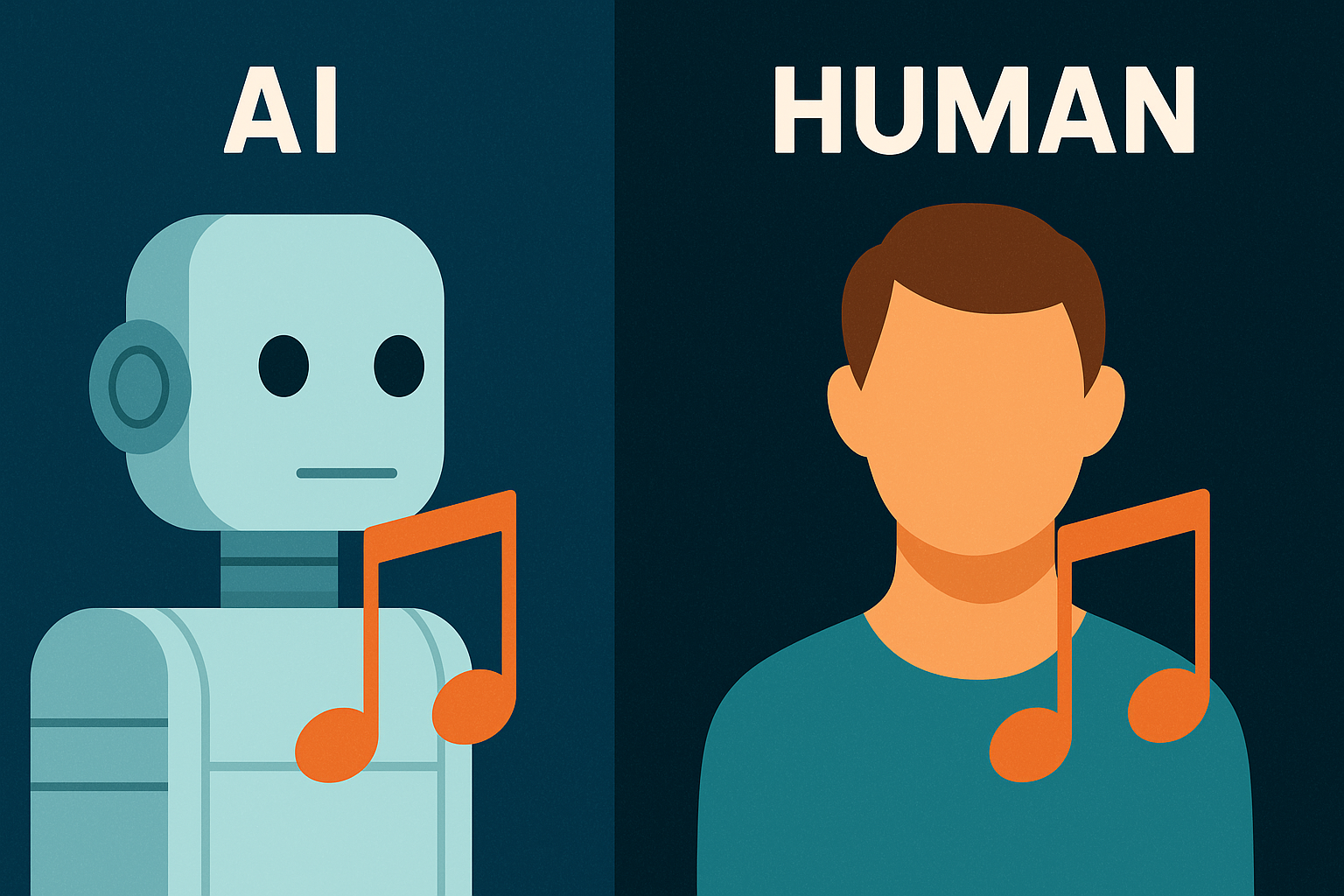
5) So… Why I’m Switching
- Governance / Ethics: I don’t want my subscription tied to leadership actively backing AI warfare tech. Daniel Ek—via Prima Materia and as Chairman of Helsing—led a €600m round into a defense-AI company. That’s a misalignment with the culture I want to support.
- AI Noise & Fraud: Deezer detects/tags fully AI-generated tracks and excludes them from editorial/algorithmic recommendations, which better protects real artists and my listening experience. (Spotify)
- Fairer Tilt: Deezer and UMG’s artist-centric experiments try to direct more money toward legitimate, engaged listening rather than “noise.” That’s closer to what I want to fund. (Spotify)
- Sound Quality: Deezer’s FLAC (16-bit/44.1 kHz) tier outclasses Spotify’s current 320 kbps Ogg for music streaming.
- Price hikes & plan complexity (Germany): Spotify just raised Premium Family to €21.99/month (from €17.99), Duo to €17.99, and Individual to €12.99—effective for new subscribers from Aug 14, 2025, rolling to existing users afterward. Spotify’s Premium now also bundles 12 hours/month of audiobooks, while a “Basic” option (old pricing) exists without audiobooks—but only for selected existing customers. Meanwhile, podcasts can still include creator-inserted ads even on Premium, which makes the value prop uneven if you’re heavy on podcasts. (heise online, Spotify, Spotify Community)
6) What This Data Can—and Can’t—Tell You
- Per-stream ≠ artist take-home. Labels, distributors, and publishers split the pie before it reaches the artist. Two artists with identical stream counts can earn differently. (SAGE Journals)
- Rates float. Geography, subscriber share, free vs. paid, and catalog deals drive variance; treat ranges as directional, not absolute. (Loud and Clear)
- Totals have grown. Spotify’s annual royalty pool reached $10 billion in 2024, but distribution remains contentious and skewed—hence the push for new models. (Financial Times, Marktbeobachtung)
7) Sources / Linknotes
- Helsing / Prima Materia / Daniel Ek: Press release (Ek quoted as Founder, Prima Materia, and Chairman, Helsing); FT/Reuters coverage of the €600m round and what Helsing builds. (Helsing, Financial Times, Reuters)
- Artists leaving Spotify in protest: Pitchfork, The Fader, The Guardian, Billboard (Canada). (Music Ally, The Fader, Pitchfork, Billboard Canada)
- Deezer AI-tagging / exclusion & stats on AI uploads: Deezer newsroom; Reuters; MBW; AP. (Deezer Newsroom, Music Business Worldwide, Reuters, AP News)
- Artist-centric payment model (Deezer + UMG) & analysis: UMG PR; PR Newswire; Deezer newsroom; academic/industry review. (UMG, PR Newswire, Deezer Newsroom, Music Business Research)
- Spotify payouts (totals & context): Spotify Loud & Clear; FT; Music Ally; MarketWatch. (Loud and Clear, Financial Times, Music Ally, Marktbeobachtung)
- Per-stream benchmark history: The Trichordist (2014–2019); Music Ally; current ranges (RouteNote); Apple’s “penny per stream.” (The Trichordist, Music Ally, RouteNote, Pitchfork)
- Deezer’s integrated import (“Transfer your favorites”): Deezer newsroom (feature announcement) + how-to coverage. (Deezer Newsroom, RouteNote)

